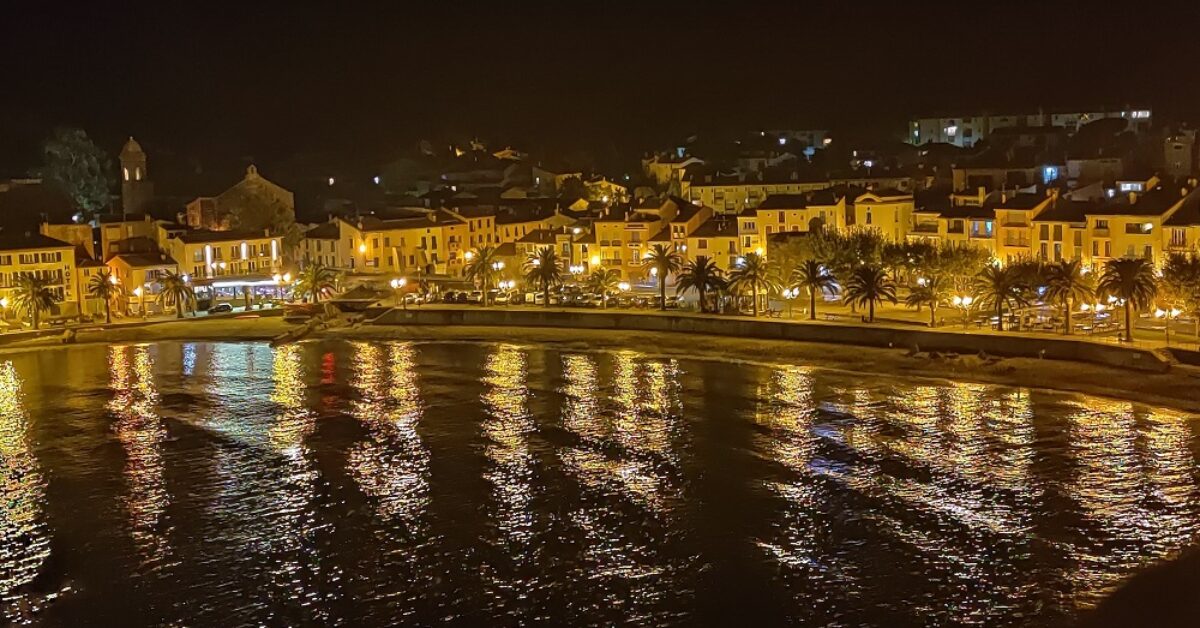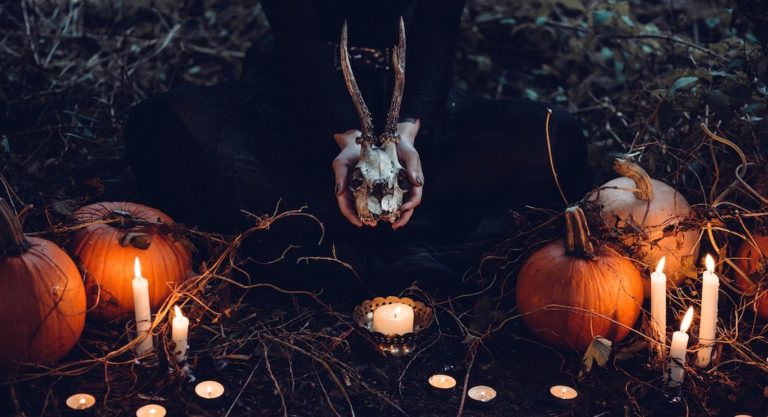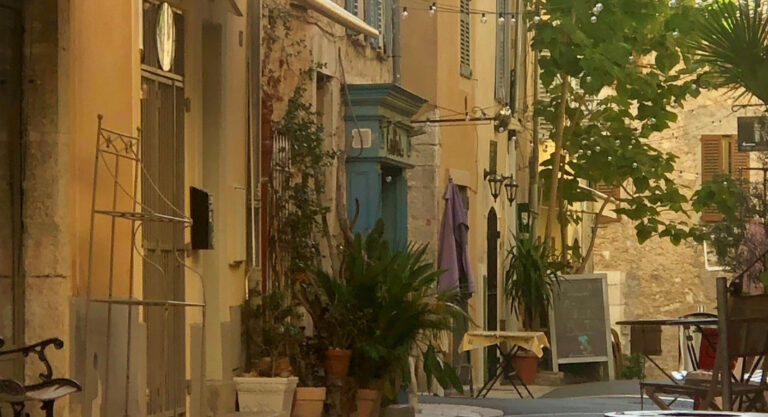Thanksgiving is one of America’s most beloved holidays, and for good reason: All you have to do is be thankful and overeat. There’s no agonizing over the complicated do-si-do of giving and receiving of presents. The menu is more or less set. The occasional debut of a new stuffing recipe (clam and chorizo, anyone?) And the yearly argument over whether fresh cranberry sauce or canned Ocean Spray is more traditional keeps things exciting, as does the cousin who shows up with the surprise announcement that they’re vegan/off dairy/doing keto or are unwilling to vaccinate.
Still, I’ve spent most of my life at war with Thanksgiving. As a child I didn’t like having to get dressed up to eat food I didn’t like. As an adult I resented the obligation to drop everything the last week of November to create a stupendous feast, when daily life as a privileged American is already a stupendous feast. The ratio of (my) labor to (everyone else’s) enjoyment was appalling. One year I kept track: nine hours of cooking, six minutes of passing the food, twelve minutes of eating it.
Every November I would spin through a familiar cycle: feeling resentful, then guilty about feeling resentful, then irritated about feeling guilty about feeling resentful. What was wrong with me that didn’t welcome the opportunity to celebrate food, family, friends, and televised football?
Now I live in France, where there is no Thanksgiving. To avoid the whole rigamarole, one needs only remind oneself: I live in France now and am embracing French culture. Then you tell an old joke, in case you still feel nostalgic for the pain in the ass of Thanksgiving: What is the fourth Thursday in November called in France? Answer: Thursday.
When my husband and I moved to Collioure, a village in the deep south of France, where the Pyrenees mountains meet the Mediterranean, in May of 2019, I thought we would leave Thanksgiving behind, along with Fahrenheit and staggering health care premiums. It seemed simple, at first. By November of that year, we were still in the honeymoon phase of our French residency. That Thursday we worked in the morning, then hiked in the vineyards, drank red wine at a beach side café, ate crepes. Thanksgiving? Who needs Thanksgiving?
The next November, in 2020, France was in the midst of her second confinement when Thanksgiving arrived. Like a lot of people, I was depressed and perversely determined not to make the best of it. I was genuinely thankful none of my family or friends sent out a group email suggesting we share a Zoomsgiving, tackling our holiday meals in the glow of our individual ring lights. I can’t recall what we ate that night. I think my husband made lasagna.
This year, I find myself in still a different place. A few weeks ago, a wave of nostalgia for the days of menu-planning, shopping, prepping, cooking, and cleaning swept over me. Although I still find the ratio of labor to enjoyment appalling, my feelings towards the holiday have softened. Perhaps it’s just that I’ve now endured what I hope was the worst of the pandemic, or perhaps I’ve just become more French.
In France, complaining about something doesn’t mean you don’t like it, or shouldn’t do it. Complaining in France is an art form, a sport, and an entertainment. To complain is to demonstrate that you’ve given something some thought, that you don’t mindlessly accept the common wisdom. Complaining is part of the fun.
Maybe, by foregoing Thanksgiving completely, I was depriving myself of the opportunity to do some really good complaining. Maybe, rather than striving to be a #grateful #blessed #favoriteholiday kind of Thanksgiving person, I could strive instead to appreciate all the emotions the day evokes, even the curmudgeonly ones.
Furthermore, why not eventually evolve the feast? The French possess the perfect food culture to give the Thanksgiving meal the respect it truly deserves.
I envision a small helping of green bean casserole and glazed carrots that could be presented as l’entrée (not the main course as we think of it, but the entrance into the meal, as the name suggests) The plat principal would then be offered: turkey, mashed potatoes, stuffing, cranberry sauce and gravy, followed by a green salad dressed with a simple vinaigrette, to aid digestion. I would then introduce a cheese course, before serving a tarte Tatin.
Even if I did this, I think I would still complain about it. But I might enjoy it more as a kind of hybrid of the culture and life I’ve chosen while still retaining some part of my birth culture.
This year, however, is not the year I start. Instead, we’re going to someone else’s house for Thanksgiving. There are eleven Americans in our village, and one of them loves Thanksgiving. I’m bringing a bottle of wine and my mother’s candied yams. It’s an easy dish, one that will take all of fifteen minutes to make. Which I figure is about 2/3 more time than it will take my friends to eat it. With luck, the wine will slow them down, and so it will be worth it.
Karen Karbo is the author of fourteen award-winning novels and works of non-fiction including the international bestseller, The Gospel According to Coco Chanel. Her essays, articles and reviews have appeared in Elle, Vogue, O, The New York Times, Tin House, Salon, Slate and elsewhere. She is the author of In Praise of Difficult Women: Life Lessons from 29 Heroines Who Dared to Break the Rules. In 2019 she moved to Collioure, France, where she lives with her husband and rescue dog on “the most beautiful street in the world.” There, she hosts Come to Your Senses, a week-long all-inclusive writing retreat.







